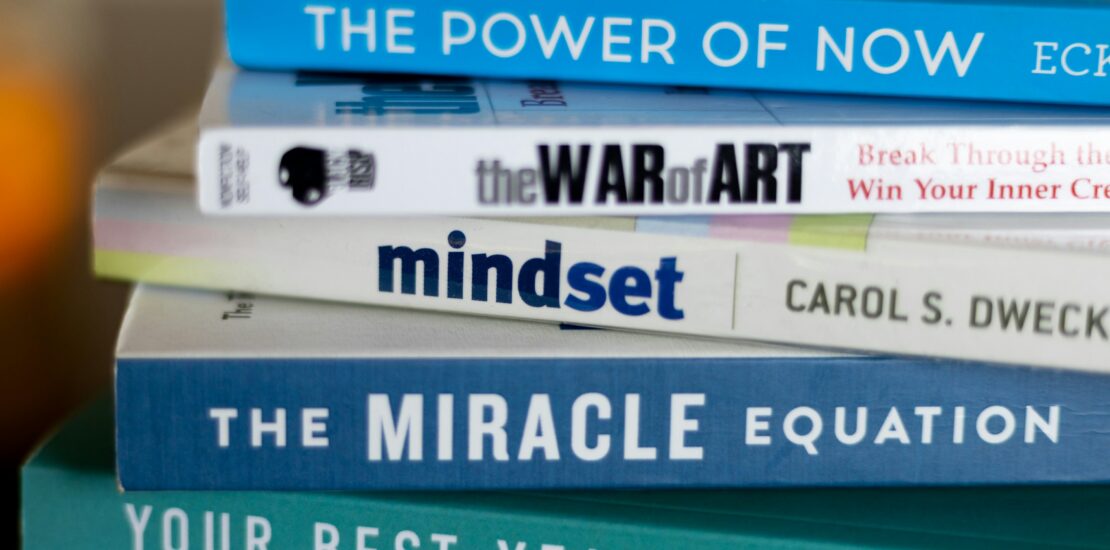Self-Improvement Versus Emergence
- August 7, 2024
- Posted by: Karen Roertgen
- Categories: Business, Leadership

Recently, during one of my coaching sessions, my client, who I’ll call Jamie, expressed a desire to take a day-long art retreat in order to ensure he was addressing his vague sense that something inside of him was missing. If he could find the answer he might then have an opportunity to remedy it.
Jamie struggles with not being dominated by his perfectionistic thoughts. When his perfectionism is activated, it will critique every one of his ideas, until he is left in a freeze, unable to take action. The day that we met, Jamie was trying to pro-actively outwit his perfectionism by creating a list of options for his day of artistic self-improvement. He had created several plans and asked for assistance in knowing which one to choose so that he could get value from the day.
In his effort to avoid the domination of the critical self, Jamie had unknowingly moved from one form (critiquing) of staying distant from himself to another form (planning) of distancing from self. Jamie is, like so many of us these days, caught in the self-improvement paradigm. I’ll explain more but perhaps this story will help you understand it better.
A few months ago, after we had both just achieved advanced coaching certification. one of my closest friends in the coaching world reached out to share that she had been feeling a low level of energy in, and for, her work as a corporate and leadership coach. Her lethargy worried her. Surely something must be amiss. At the time I was experiencing the same feelings but had become exasperated instead. As coaches, we learn through many messages that we need to spend time, money, and energy to be perfect and present in every aspect of coaching. I had similar experiences as a family therapy practitioner and upon encountering it even more powerfully in the coaching world I had become irritated with the unfulfilled promise of self-improvement and it’s never-ending cycle. Where does this end? Even when my friend achieved her advanced certification, the aftermath was a sense of lethargy and deficiency, and of feeling she needed to do more self-improvement.
This pattern is occurring everywhere, I experience it in my clients, my colleagues, and in the psychotherapy and marketing fields. It is a pattern created by the beliefs of modernity (hopefully the last vestiges of it) in which the model of person as machine arose. Its current manifestation is the technology culture, where everything gets updated regularly, parts get discarded or fixed, and it’s either working or broken. This paradigm tells you that there is always some part of you that needs updating or fixing or …yes, perhaps is broken, so you buy into it (most of us have), because it’s the dominant narrative (and it is likely to be the best friend of capitalism). Off you go to fix your part that is broken or to search for what piece is missing in yourself. But when you experience success in working on one area of yourself, then you immediately feel as if there must be something else to work on (didn’t you just put off mastering your career while you were working on your broken part?). If you don’t succeed in your self-improvement goals, then you feel even more deficient and you try to improve on your improvement methods or give up.
There is an alternative paradigm that we can consider. It begins with this question: What if nothing is missing?
We are not machines, we are living organisms, human beings. You came into this world already whole, and as you grow your new expression of wholeness emerges on a moment-by-moment basis, just like a plant, which starts as a seed. If we feel something is missing it is a sign that we are not connecting with our deeper selves, with our wholeness, not that we need to engage in another self-improvement project.
Please note that I am not saying that we don’t need to develop new skills along our life path. Indeed, that is the primary usefulness of self-improvement. But don’t bite on the line that feeds you the premise that you as a human being need fixing. You are already whole. Let me say that again. You came into this world already whole, just like every creature living, and if you are feeling like something is amiss or not there, or is unstable, then that is a sign that you need to connect more deeply with yourself and your inner qualities or resources. They are you and are waiting for you to discover that.
If any of this resonates with you, I invite you to connect with me to learn more about and participate in coaching conversations which help you connect with your innate wholeness and the qualities / resources which will help you face life’s challenges and receive life’s gifts.
– Karen Elise
